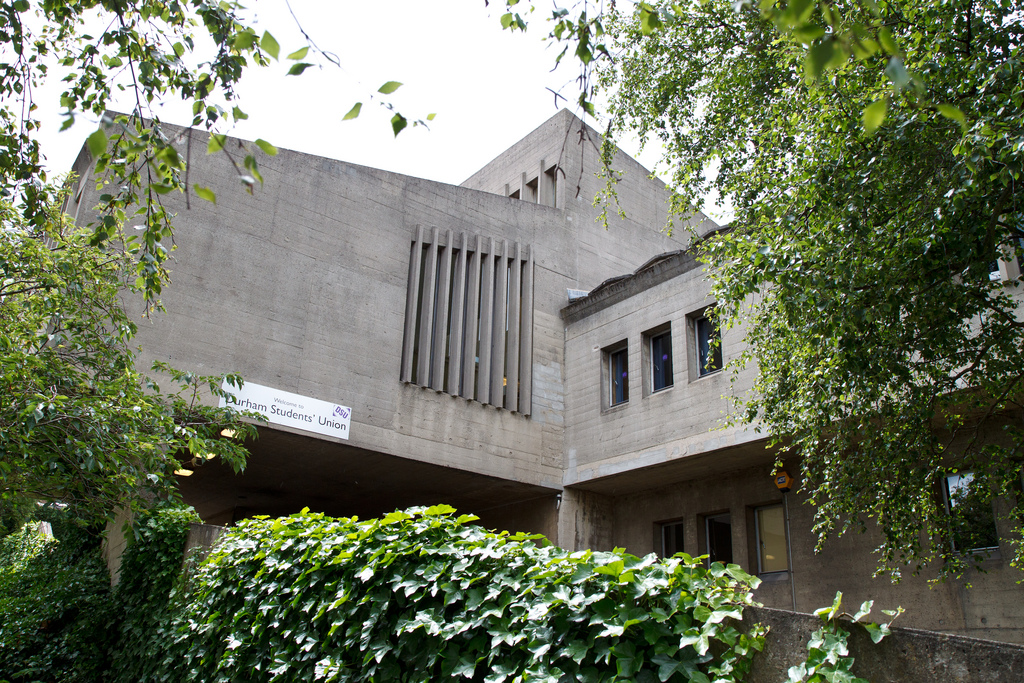
The DSU Assembly was on 14 November
Furious disagreements over motions regarding free education and the marking boycott, debated at the DSU Assembly yesterday, showed no sign of abating today as the losing sides accused their opponents of letting down fellow students.
Meanwhile, Zainah Haroun, who proposed the successful motion asking the University to suspend its contracts with G4S, said she was “absolutely delighted” with the result.
Harry Cross, co-founder of Durham Students for University Reform who spoke against a motion condemning the marking boycott, was angry that the motion was passed by eleven votes.
The strike involves members of the University and College Union (UCU) from 69 universities, who are refusing to mark student assignments over a pension dispute.
Mr Cross claimed that student union officers had “failed in every sense” to represent the views of students.
“DSU officers should have protected the quality of higher education by expressing solidarity with the UCU,” he said. “They have especially let down the many students who want to undertake a career in academia and postgraduate students who are already participating in the boycott.
“The vote was carried out with little understanding of the real issues involved by many of those present. DSU officers failed in every sense to represent student interests.”
Mr Cross also said that the failure of the motion was indicative of wider institutional problems at the Students’ Union. “The reason so many of the DSU’s campaigns fail and the reason universities can force through unpopular policies that hurt their communities is because students, staff, residents and workers do not put up a united front to oppose these,” he said.
“Whereas UCU has in fact been very supportive of student campaigns in the past, it is depressing to see the DSU aggravate divisions with staff rather than building a more productive relationship.”
Jamie Penston Raja, who spoke in favour of the motion on free education on behalf of its proposer, William Pinkney-Baird – who was absent – said he was disappointed that it failed by 11 votes to 13 with four members abstaining.
“We put forward a motion that seemed to not have been read or understood by many voting, as the questions raised tended to be easily answered in the text of the motion,” he said.
“Of those points which were not, the answers given in my speech seemed to be ignored. And to top it all off, there were quite a few representatives absent, meaning that a lot of colleges were unable to have their voices heard on what is quite an important issue.”
Ms Haroun added: “We are absolutely delighted with the result and support for our motion and we are now pursuing the greater task of making this not just union policy, but university policy.
“G4S was the start of our ethical duty to hold companies accountable for human rights abuse, we hope this paves the way for future consideration and change within the university.”

The marking boycott could be coming to an end
In a poll of readers by The Bubble begun on 12 November all three motions received majority support (results taken up to 4pm on 14 November). 54.2% were in favour of the marking boycott, 73.9% wanted the University to end its contracts with G4S and 59.1% supported free education.
· The marking boycott could end on 20 November – The Bubble
